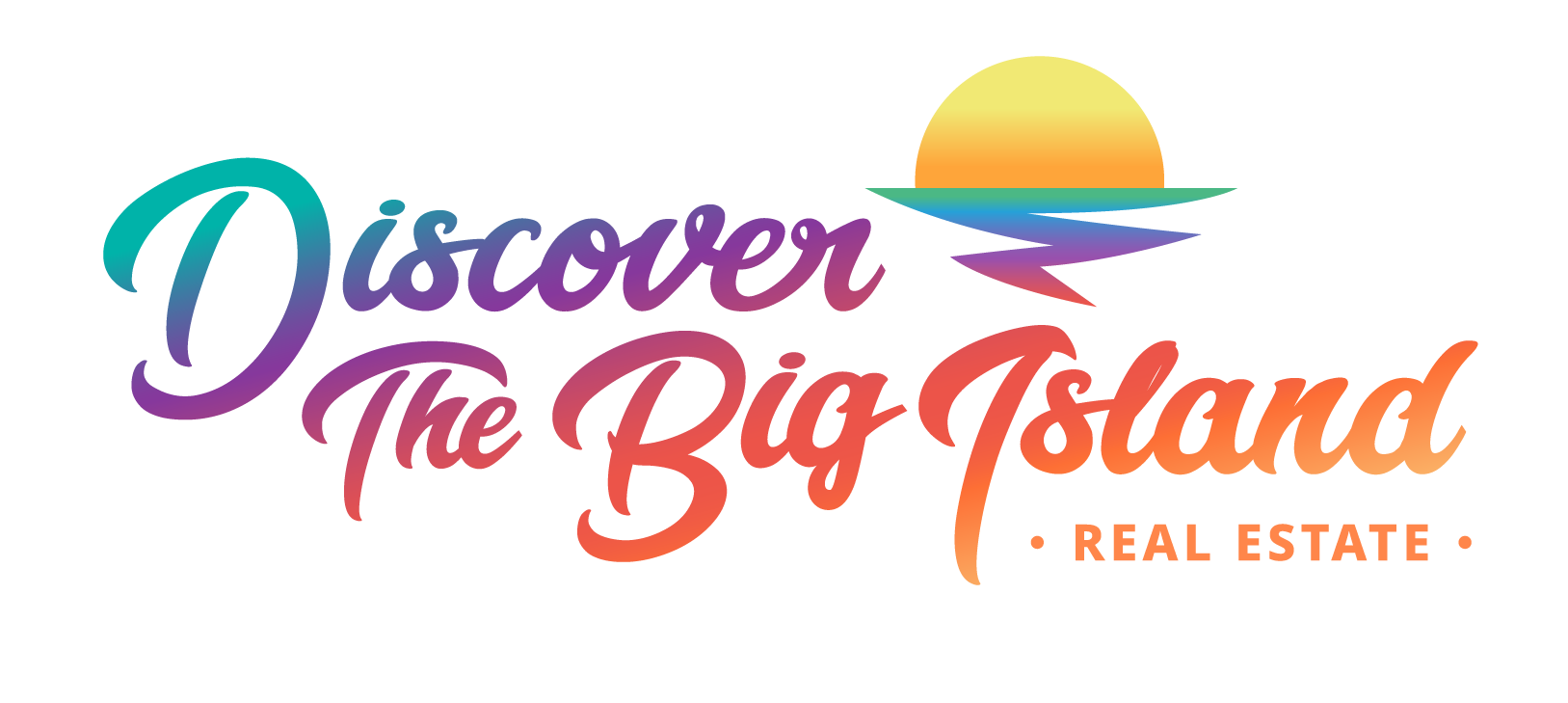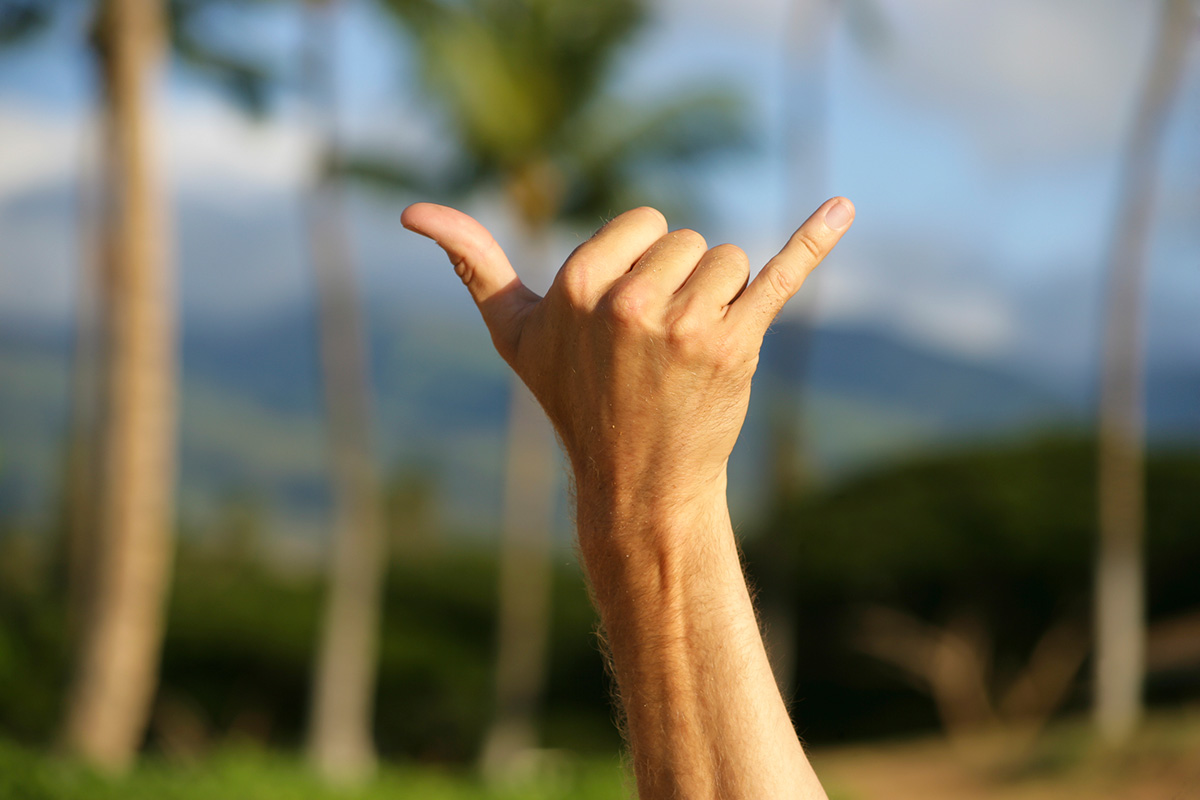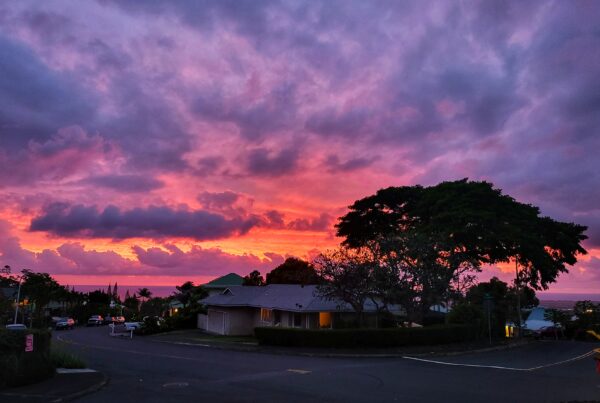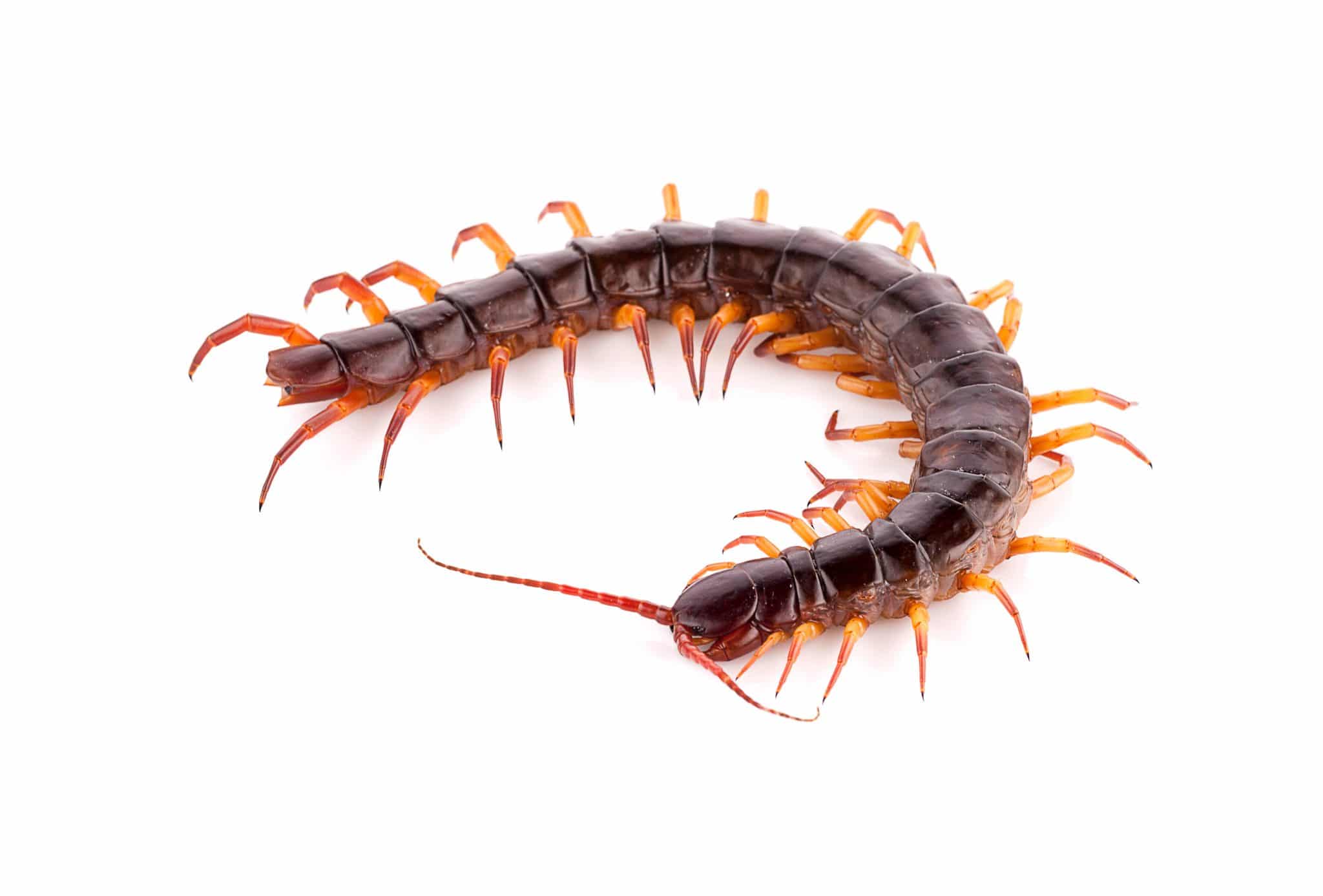Pidgin English is unique to Hawaii and varies island to island, and even by region. Pidgin not only is based on how you speak but how you act and the shared cultural knowledge.
1. Keiki – A child or children. Plural is also keiki. “The keiki are welcome at the party.”
2. Mauka or makai – Mountain side or ocean side. This is very important when receiving directions in Hawaii since no one uses street names. “We live on the lower road by the farmers market, mauka side.”
3. Dollah-tree-eighty – If you can’t remember the cost of something, usually not much, you could say it cost a dollah-tree-eighty.
4. Manini – Skimpy, small. Manini means small or stingy; “he probably left a dollah-tree-eighty for a tip.” The word comes from those small striped reef fish (convict tang) that are delicious but don’t have much meat on them.
Manini Hawaiian Reef Fish
5. Brah/braddah man – I like to use this as an exclamation when I see an old friend: “Braddah man!” They usually answer, “Sistah girl!” or “How you stay?” I actually call my husband Braddah man when he’s bossing me around, to replace “yes, sir”…you can call everyone brah, even the ladies. “Howzit brah?”
6. Sandals are called rubbah slippahs.
7. Something delicious is broke da mout’.
8. Everyone has heard of pupus! Snacks or hors d’œuvres. Makes the keiki laugh when you say, “We’re having a pupu party tonight.”
9. Pakalolo is marijuana; literally the crazy weed (paka = weed, lolo = crazy). This probably doesn’t need explanation, but you wouldn’t want to eat a pakalolo cookie by mistake because no one told you what that herb was…
10. A kama’aina is a local or someone who lives in Hawaii, but now it seems to mean someone with a Hawaii driver’s license who qualifies for a discount.
11. Hammajang – This means messed up…Often used to refer to someone who is drunk or wasted…“He got all hammajag last night.”
12. Okole – We always use it as a nice way to refer to your behind or bum, but apparently it means the actual…well, da kine…puka.
13. Auntie or Uncle – Respectful way of referring to your elders. Especially useful if you cannot remember the first name of the coaches at swim practice: “Thank you, Uncle, for helping the keiki today.”
Keiki at play on Front Street, Lahaina
No Ack! (Stop Showing Off!)
Talk Story: Stop, listen, ask questions, and chat. In Hawaii, as a visitor or haole, it is important to be aware and considerate




